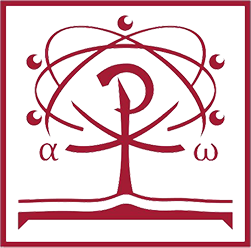IN WHICH WAY
In the face of the developments in scientific research, which bring profound matters into play and entail unpredictable consequences, the Pope refers to the necessity of informed discernment.
This of course means listening with an open mind, explaining knowledgeably, and arguing ethically in a way that can be understood by all. It is interesting that the Lettera cites for this purpose the recent Synod of Bishops on Young People, where discernment is described as «a sincere work of conscience, in our duty to know the good that is possible, on the basis of which to make responsible decisions as to the right exercise of practical reason».
To be sure, the decision that the moral subject poses concerns a particular action, and hence a serious consideration of the pertinent norms is fundamental. It is simultaneously a decision about oneself, about the total orientation of the life of the subject. In this line of thought, the reference to practical reason and to its proper exercise indicates that moral judgment does not mean the mechanical application of an abstract knowledge to a particular set of circumstances, but it cannot disregard a mediation that crosses the depth of the concreteness of the situation.



